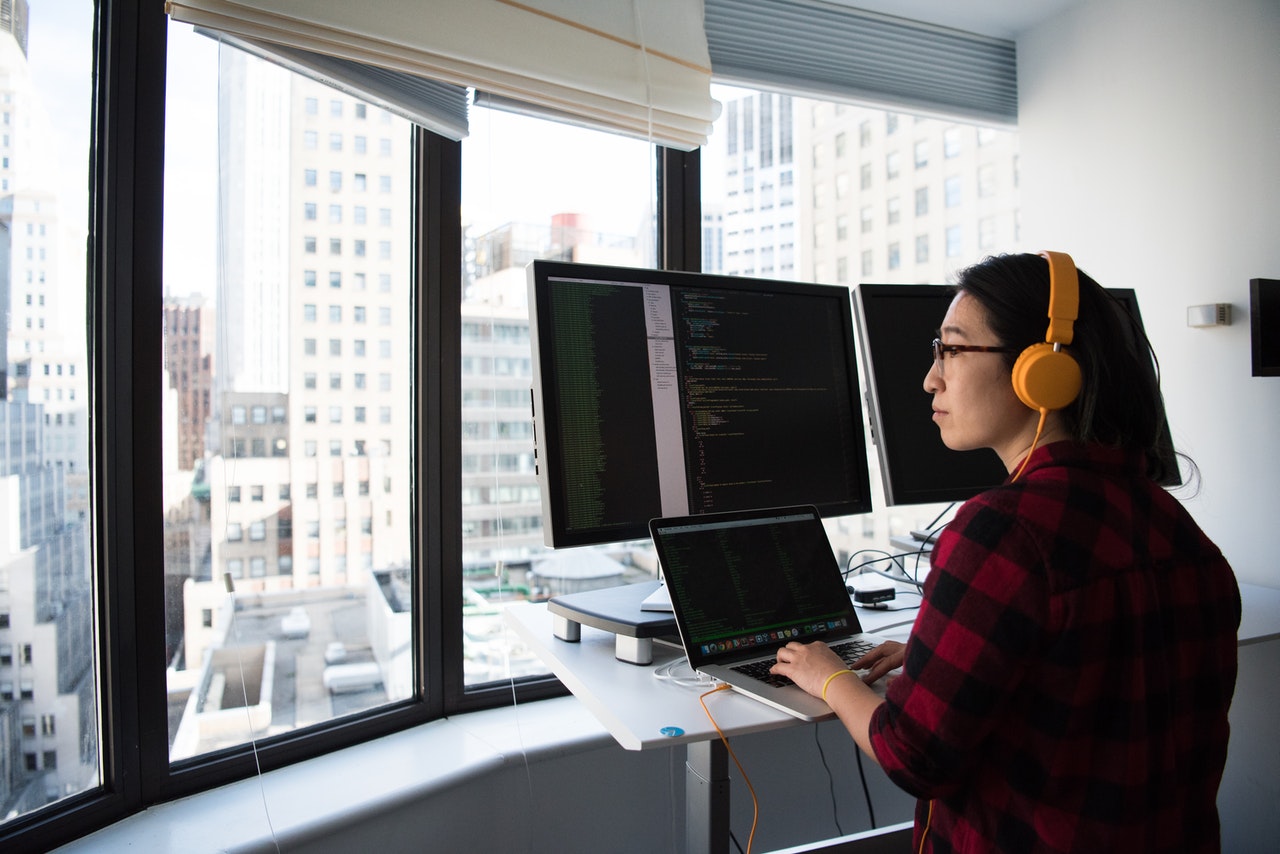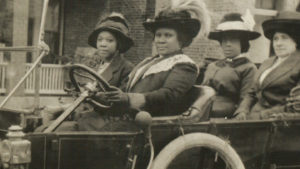How Great Innovators Learn To Embrace and Thrive in Uncertainty

You might think that doing things the way they’ve always been done is best for your salon or spa. But with the winds of change blowing across global businesses, now may be the best time to introduce a new process.
Todd Saxon explains why:
Madam C.J. Walker, born Sarah Breedlove, was America’s first female self-made millionaire. She pioneered a line of hair care and beauty products for people of color early in the 20th century, and the recent Netflix series “Self Made” details the story of this talented innovator and the challenges she overcame on the way to her success.
To accomplish her goals, she had to face overwhelming uncertainties. How would she finance her business? Would her partnerships fail? Would her products sell? Would ruthless competition and racism get in her way? Madame Walker’s future was far from certain when she began her journey, but that did not dissuade her.

It is tempting to think that innovators are a breed apart or perhaps lucky to be in the right place and time. But research shows this is not the case. So what characteristics do innovators like Madam Walker have that lead them to the seemingly serendipitous moment? What makes for a successful innovator or entrepreneur?
I am a researcher and professor who studies strategy and entrepreneurship. I am also myself an entrepreneur, angel investor and board member for startups and innovative firms. Pop culture might have you believe it is a tolerance for or even an obsession with risk that makes great innovators. But in fact, research has for decades demonstrated that innovators and entrepreneurs are no more risk-taking than the average person.
Generally, innovators are much more comfortable making decisions under conditions of uncertainty than the average person. Additionally, innovators tend to have a set of skills that allows them to better navigate this uncertainty. My experience and research has shown that not only are these abilities effective, but they can also be learned and practiced and anyone can improve their innovation skills.
What is risk? What is uncertainty?
Risk is when the factors determining success or failure are out of your control but the odds of success are known – a game of dice, for example. You can’t control whether a 2 or a 12 is rolled, but you know the odds.
Uncertainty is when the factors determining success or failure are not necessarily out of your control, but are simply unknown. It is accepting a challenge to play a game that you do not completely know the rules of. Innovators tend to be more willing to venture into the unknown, and therefore are more likely to engage in ambitious projects even when outcomes and probabilities are a mystery.
Interestingly, risk and uncertainty appear to trigger activity in different parts of the brain. Functional magnetic resonance imaging has allowed researchers to discover that risk analysis is a largely rational and calculation-driven process, but uncertainty triggers the ancient fight-or-flight part of the brain. This research would suggest that experienced innovators are better able to maintain their analytical capabilities in spite of the adrenaline and instinctual response that arises when confronting uncertainty.
Innovators don’t ignore risk; they are just better able to analyze it in uncertain situations.
Skills of innovation can be learned
The chemical response to risk and uncertainty may be hardwired in our brains, but that doesn’t mean you are either born an innovator or not. Innovative capacity can be learned.
Jeff Dyer, Hal Gregersen and the late Clay Christensen spent years investigating the characteristics of successful innovators and broadly divide the skills of innovation into two categories: delivery skills and discovery skills.
Delivery skills include quantitative analysis, planning, detail-oriented implementation and disciplined execution. These are certainly essential characteristics for success in many occupations, but for innovation, discovery must come before delivery.
Discovery skills are the ones more involved in developing ideas and managing uncertain situations. The most notable are:
- The ability to draw connections between seemingly disparate ideas and contexts.
- A tendency to question assumptions and the status quo.
- A habit of looking at what is contributing to a problem before rushing to a solution.
- The frequent use of systematic experimentation to prove hypotheses about cause and effect.
- The ability to network and broaden a set of relationships, even without an intentional purpose.
Like any skills, these can be learned and cultivated through a combination of guidance, practice and experience. By asking the right questions, being observant or mindful, experimenting and networking with the right supporters, innovators will be more likely to identify opportunity and succeed.
Successful innovators are passionate about the problem they are solving and share this passion with friends and family, potential customers, supporters and other stakeholders.
Innovators also tend to have personal experience with the problem they are solving, and this yields valuable insight and firsthand knowledge.
Finally, innovation takes persistence. As Walker experienced, growing a business – even with proven products – does not happen overnight. It takes someone willing to push the boulder uphill to make it happen, and often, the more disruptive the innovation, the longer society may take to embrace it.
Innovation now and in the future
During this pandemic, many people might be inclined to batten down the hatches, tighten their belts and ride things out by sticking to what they already know.
But uncertainty and change create opportunity and a need for innovation. The pandemic has created or exacerbated many problems that are ripe for innovative solutions.
Practices that were until recently on the fringe of acceptance – such as telehealth, food or grocery delivery, e-sports and online education – are now being accepted by mainstream society. As with anything relatively new, there is lots of room for radical improvement.
Now is not the time to put blinders on and close your eyes to uncertainty. If you build your discovery skills, you are more likely to create opportunity and persist through uncertainty. Like Walker, anyone can cultivate the abilities to navigate uncertainty and create positive change. Innovators are not a breed apart.






